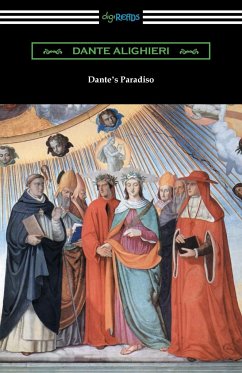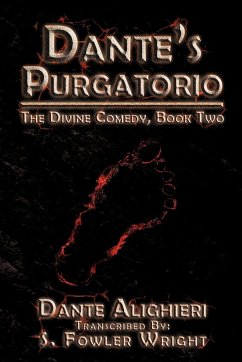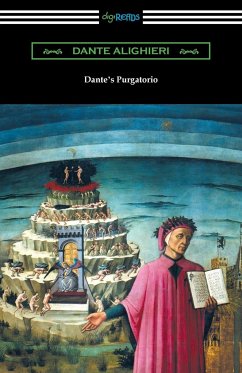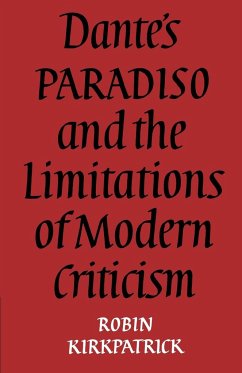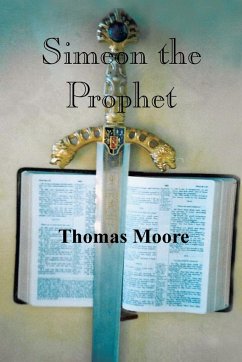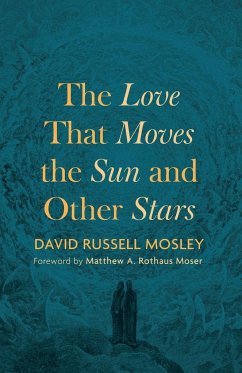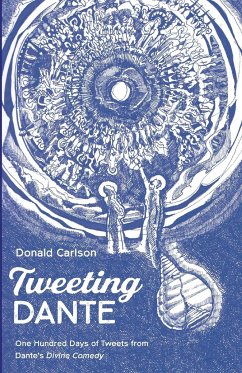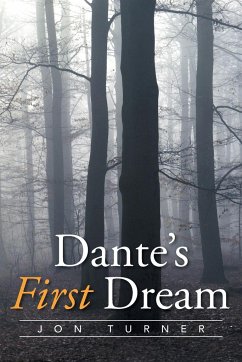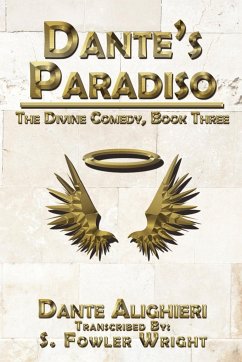
Dante's Paradiso
The Divine Comedy, Book Three
Versandkostenfrei!
Versandfertig in 1-2 Wochen
16,99 €
inkl. MwSt.
Weitere Ausgaben:

PAYBACK Punkte
8 °P sammeln!
In his introduction to THE INFERNO, the translator says: "I suppose that a very great majority of English-speaking people, if they were asked to name the greatest epic poet of the Christian era in Western Europe, would answer Dante." THE DIVINE COMEDY continues to be widely read today, whether for its religious inspiration or for the sheer power of its verse. In the third part of the epic, THE PARADISO, Dante goes forth from the Mount of Purgatory into the great expanse of stars above the Earth. His guide this time is the beautiful Beatrice, to whom he was introduced by the ancient Roman poet,...
In his introduction to THE INFERNO, the translator says: "I suppose that a very great majority of English-speaking people, if they were asked to name the greatest epic poet of the Christian era in Western Europe, would answer Dante." THE DIVINE COMEDY continues to be widely read today, whether for its religious inspiration or for the sheer power of its verse. In the third part of the epic, THE PARADISO, Dante goes forth from the Mount of Purgatory into the great expanse of stars above the Earth. His guide this time is the beautiful Beatrice, to whom he was introduced by the ancient Roman poet, Virgil, near the end of THE PURGATORIO. She leads him up through each of the seven spheres of Heaven, ending in the Seventh Heaven, which is infinite in scope. Once again Dante encounters figures from history and from his own life, as he did in Hell and Purgatory. This is the first publication in book form of Part Three of S. Fowler Wright's first-rate English-language rendition of a classic of western literature.





